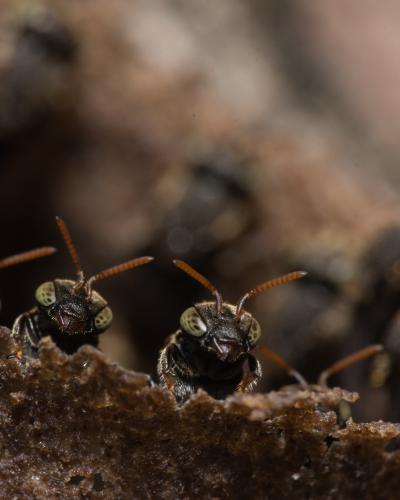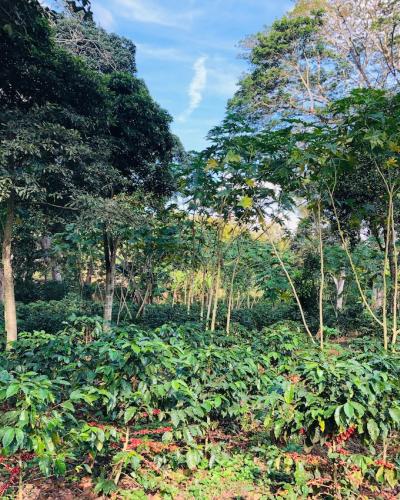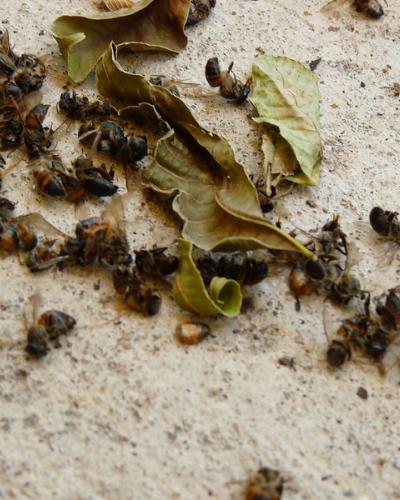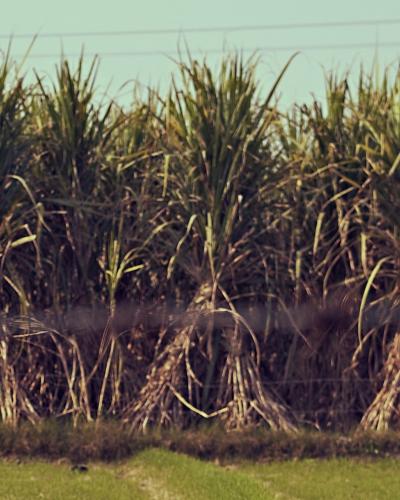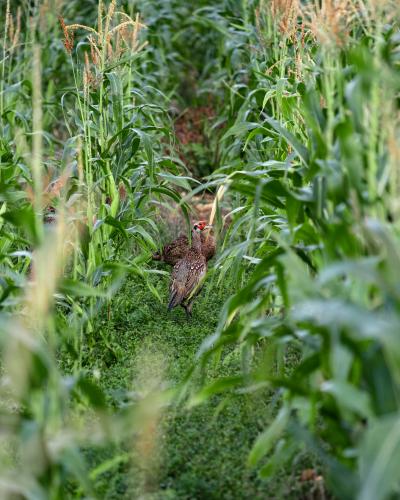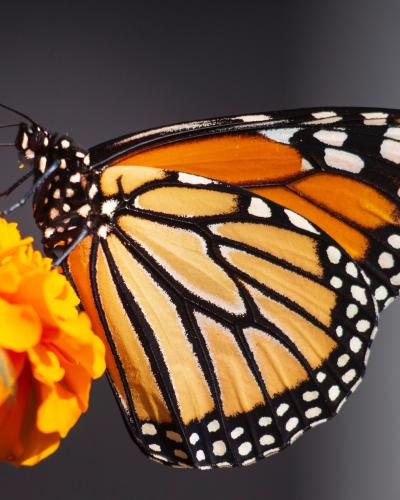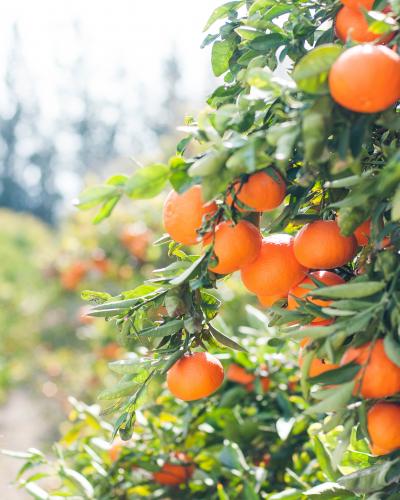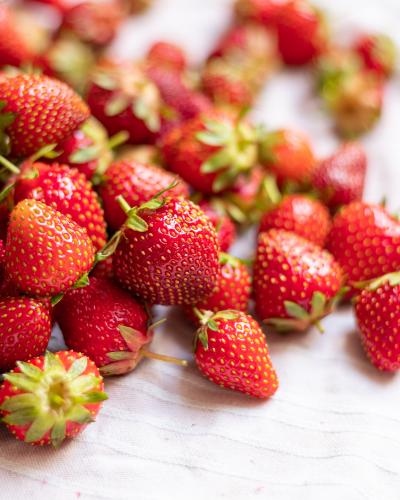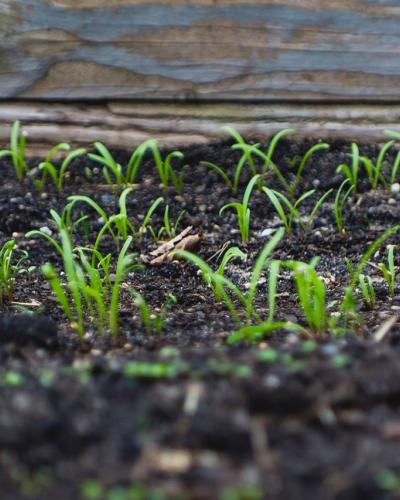Soil health hinges on robust communities of soil bacteria and insects. However, a recent science review published in Frontiers in Environmental Science shows that pesticides sprayed both above and...
May 24, 2021
Successful rural development hinges on both the profitability and the environmental sustainability of cropping systems. This is especially true in regions like the tropics where the success of...
May 17, 2021
Most farmers want to employ practices that benefit human and environmental health, but connecting the dots between wanting and successfully implementing can be complicated, particularly when...
May 10, 2021
The chemical glyphosate, commonly used in herbicide formulas for at-home and agricultural uses, has received a lot of attention for its negative consequences on human health and its impacts on...
Apr 26, 2021
A recent study published in the journal Applied Soil Ecology found that after only 1-2 years after transitioning from conventional to organic practices, important soil invertebrate communities can...
Apr 19, 2021
A recent study in the journal Environmental Pollution is the first to show that chronic exposure to pesticides reduces fitness and reproduction of birds. Populations of farmland birds have been...
Apr 05, 2021
A recent study published in the journal Frontiers in Ecology and Evolution has found pesticide contamination of milkweed, the host plant of monarchs, across multiple landscape types, exposing the...
Mar 15, 2021
In an effort to reduce the use of harmful pesticides, farmers are looking for ways to enhance natural pest control by boosting numbers of natural predators of pests on their farms. A recent study...
Feb 15, 2021
A new study published in the journal Pest Management Science showed that semiochemicals can effectively manage one of the most economically damaging pests in organic strawberry production, the...
Feb 08, 2021
A recent study published in the journal Biologia adds to the growing body of evidence showing organic farming improves microbial conditions in the soil that, in turn, increases disease control and...

